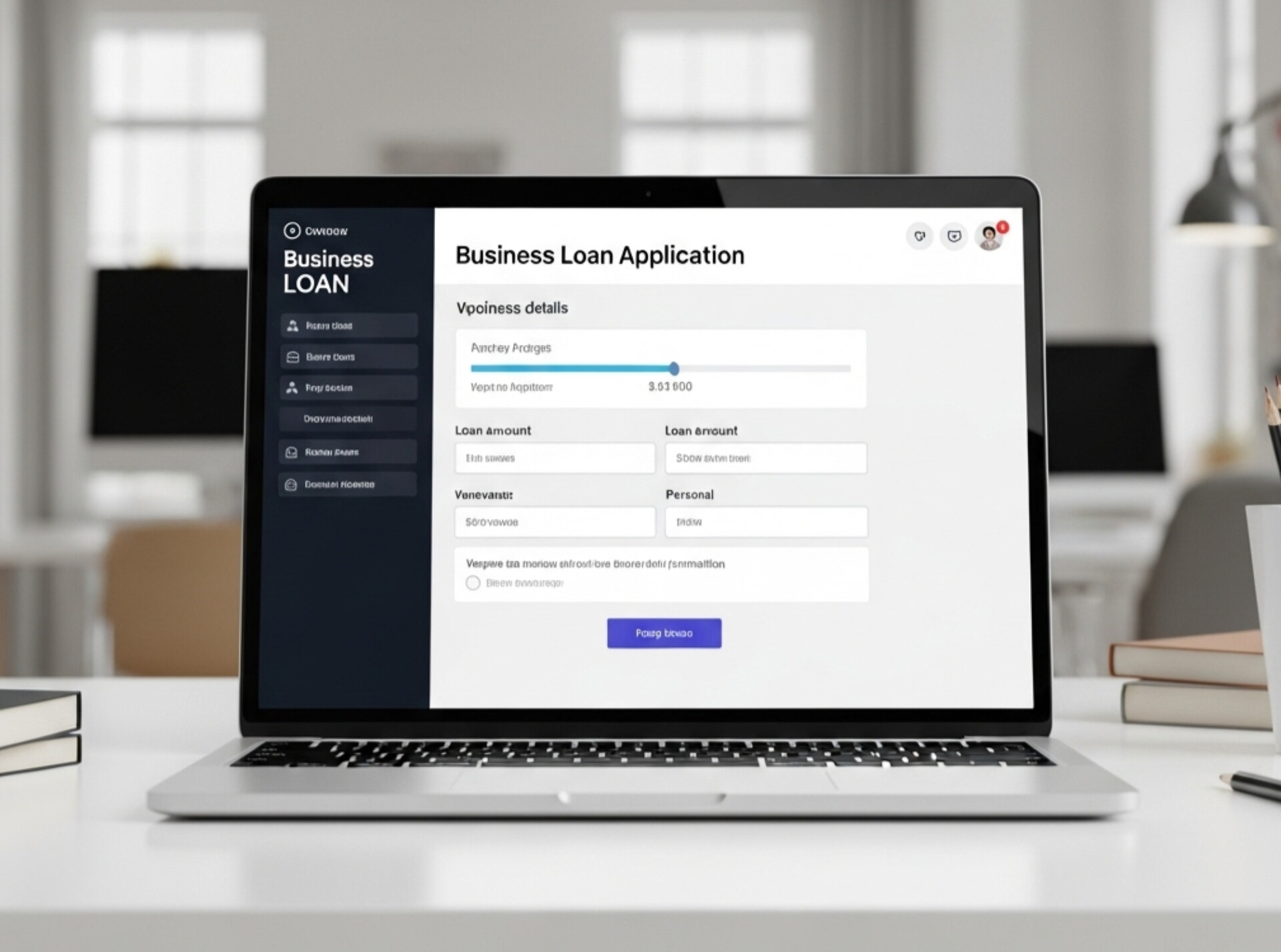Introduction
Starting or expanding a small business often requires more capital than entrepreneurs have on hand. Whether you need funds to buy equipment, hire staff, manage cash flow, or scale operations, small business loans can offer the financial boost you need.
But with so many lenders and loan types available, choosing the right small business loan can be overwhelming. In this comprehensive guide, we break down the best small business loans in 2025, comparing features, interest rates, eligibility requirements, and who they are best suited for.
What Is a Small Business Loan?
A small business loan is a type of financing specifically designed to help small and medium-sized enterprises (SMEs) cover various business needs, including:
- Startup costs
- Inventory purchases
- Office rent and renovations
- Marketing campaigns
- Equipment upgrades
- Day-to-day operations
Loan terms vary based on the type of loan, your creditworthiness, and the lender’s conditions.
Top Small Business Loans in 2025
1. SBA 7(a) Loans – Best for General Business Needs (U.S. Only)
Overview:
Backed by the U.S. Small Business Administration (SBA), the 7(a) loan is one of the most flexible and popular options for small businesses.
Loan Amount: Up to $5 million
Interest Rate: 7%–9.5% (variable)
Repayment Term: Up to 25 years
Best For: Established businesses with strong credit
Pros:
- Low interest rates
- Long repayment terms
- Can be used for almost any business purpose
Cons:
- Lengthy application process
- Requires good credit and collateral
2. Kiva Microloans – Best for Startups and Entrepreneurs Without Credit History
Overview:
Kiva offers interest-free microloans through crowdfunding for entrepreneurs in over 80 countries.
Loan Amount: Up to $15,000
Interest Rate: 0%
Repayment Term: Up to 3 years
Best For: New and underserved small business owners
Pros:
- No interest or fees
- Global accessibility
- Great for building credit
Cons:
- Small loan amounts
- Requires community support for funding
3. Fundbox – Best for Short-Term Working Capital
Overview:
Fundbox provides fast, flexible credit lines and short-term loans for small businesses with regular cash flow.
Loan Amount: Up to $150,000
Interest Rate: Starts at 4.66%
Repayment Term: 12 or 24 weeks
Best For: Managing cash flow gaps
Pros:
- Quick approval (as little as 24 hours)
- No collateral needed
- Transparent fees
Cons:
- Higher APR than traditional lenders
- Short repayment period
4. BlueVine – Best for Line of Credit Access
Overview:
BlueVine offers a revolving line of credit for businesses that need flexible access to funds.
Loan Amount: Up to $250,000
Interest Rate: Starts at 6.2%
Repayment Term: 6 or 12 months
Best For: Businesses with ongoing cash needs
Pros:
- Fast funding (often same-day)
- Only pay for what you use
- Minimal paperwork
Cons:
- Requires at least $40,000/month in revenue
- Not available in all states
5. Lendio – Best Loan Marketplace
Overview:
Lendio is not a direct lender but connects businesses with more than 75 lenders to find the best loan offers.
Loan Amount: $1,000 to $2 million
Interest Rate: Varies by lender
Repayment Term: Varies
Best For: Comparing multiple loan options in one place
Pros:
- Free to use
- One application reaches dozens of lenders
- Fast funding (as little as 24–72 hours)
Cons:
- Some lenders may charge high rates
- Loan terms vary greatly
6. OnDeck – Best for Fast Term Loans
Overview:
OnDeck specializes in quick business term loans and lines of credit.
Loan Amount: Up to $250,000
Interest Rate: APRs start at 29.9%
Repayment Term: 18–24 months
Best For: Businesses needing funds quickly
Pros:
- Fast approval and funding
- Builds business credit
- Transparent repayment schedules
Cons:
- High interest rates
- Daily or weekly repayments can affect cash flow
7. Accion Opportunity Fund – Best for Minority and Women-Owned Businesses
Overview:
Accion provides loans and coaching to underserved entrepreneurs, including minority, women, and immigrant business owners.
Loan Amount: $5,000 – $100,000
Interest Rate: 5.99% to 16.99%
Repayment Term: Up to 60 months
Best For: Businesses in underserved communities
Pros:
- Inclusive lending policies
- Personalized support
- Competitive rates
Cons:
- Slower processing than online lenders
- May require financial coaching
How to Qualify for a Small Business Loan
While each lender has unique requirements, here are some common eligibility factors:
- Credit score (usually 600+ for traditional loans)
- Time in business (typically 6 months to 2 years minimum)
- Annual revenue (often $50,000 or more)
- Business plan or loan purpose
- Collateral (for secured loans)
Tips to Improve Your Loan Approval Chances
- Check Your Credit Report – Fix errors and boost your score before applying.
- Organize Financial Documents – Prepare bank statements, tax returns, and business financials.
- Clearly Define Loan Purpose – Show how the funds will help grow or stabilize your business.
- Shop Around – Compare multiple offers to find the best rates and terms.
- Consider a Co-signer – If your credit is low, a strong co-signer can improve approval chances.
When to Consider a Small Business Loan
You should apply for a small business loan when:
- You’re launching a new product or service
- You need to purchase equipment or vehicles
- You’re hiring or expanding your team
- You want to improve your cash flow
- You’re opening a new location
Avoid borrowing if your business is already heavily in debt or you’re unsure how to repay the loan.
Conclusion
Choosing the right small business loan in 2025 depends on your financial situation, goals, and stage of growth. Whether you’re a startup founder or a seasoned entrepreneur, there’s a loan product tailored to your needs.
Start with reputable lenders, compare multiple offers, and always read the fine print. With the right funding in place, your small business can achieve great things.
FAQs
1. What is the easiest small business loan to get?
Online lenders like Fundbox or BlueVine are easier to qualify for than banks, especially for businesses with short credit histories.
2. Can I get a small business loan with bad credit?
Yes, some lenders like Kiva or Accion offer loans to business owners with poor or no credit, although amounts may be smaller.
3. How fast can I get a small business loan?
Some online lenders provide same-day or next-day funding, especially for lines of credit and short-term loans.
4. Are small business loans taxable?
Loan funds are not considered taxable income, but you can deduct the interest paid as a business expense.

